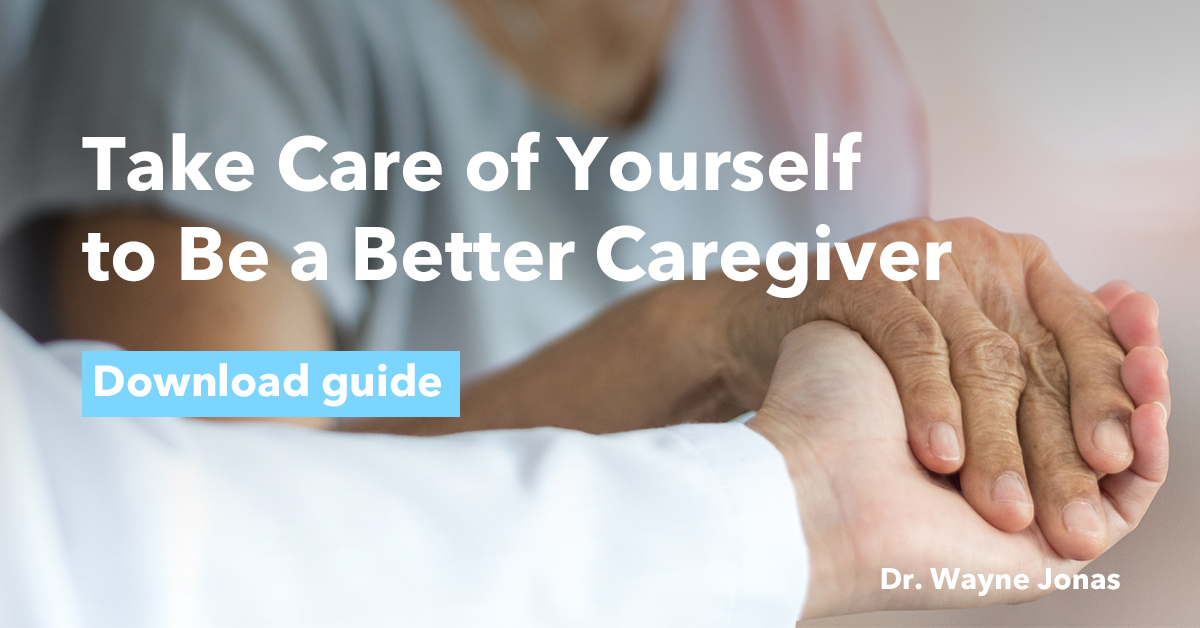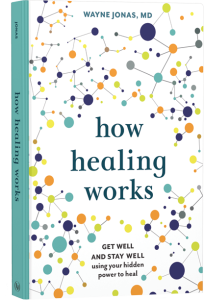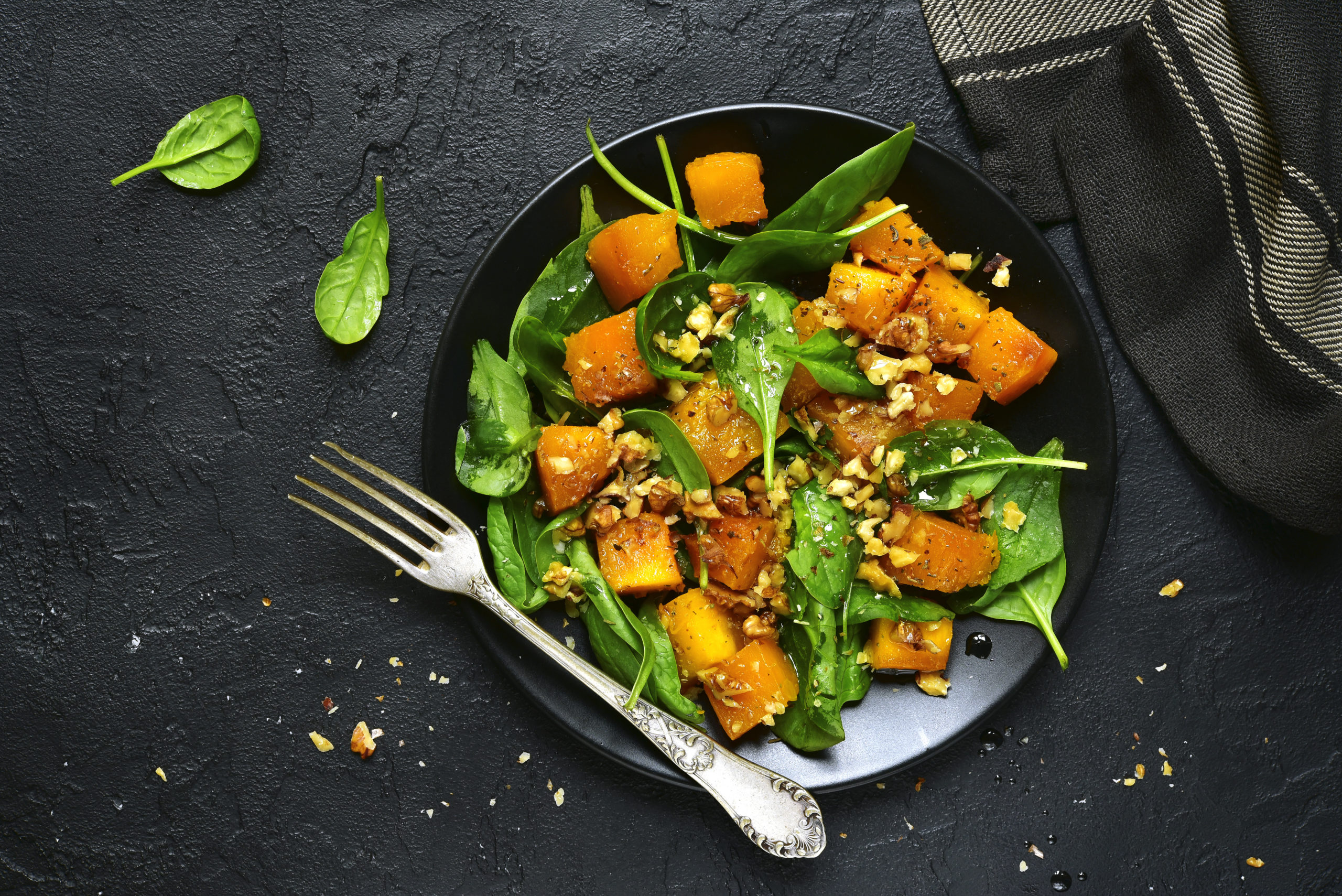When you have cancer, what you eat may not seem important. Cancer treatments and their side effects, and just having cancer, can change the way you eat and how your body uses nutrients. It can be difficult for you to eat well.
Why should I eat healthy?
You’ll feel better during and after treatment if you eat healthy, cancer-fighting foods. Healthy eating also helps you heal. Some cancer treatments work better if you’re well-nourished and are getting enough calories and protein, according to the American Cancer Society.
Healthy eating can relieve common eating problems. If you have nausea and vomiting from chemo, for example, you’ll feel better if you:
- Eat small meals and snacks 6 to 8 times a day
- Eat dry foods, like crackers, toast, dry cereals or bread sticks
- Eat foods and drink liquids at room temperature
- Avoid foods with strong odors
- Avoid hot, spicy, greasy, fried, high-fat or very sweet foods.
Other eating problems that healthy eating can help relieve include:
- Changes in appetite and weight loss
- Constipation
- Diarrhea
- Fatigue
- Sore mouth or throat
- Unwanted weight gain.
Learn more about healthy eating
Read more about benefits of healthy eating and how to cope with specific eating problems in Your Healing Journey: A Patient’s Guide to Integrative Breast Cancer Care.
Which foods will help me fight cancer?
Whole foods are packed with cancer-fighting phytochemicals and nutrients. They include vegetables, fruits, whole grains, nuts and legumes. Try to eat:
- Lots of vegetables and fruit
- Moderate amounts of whole grains, and plant protein like nuts, beans, lentils, tofu and tempeh
- Moderate portions of fish, poultry, lean meats and non-fat or low-fat dairy foods
The American Cancer Society suggests eating at least 2 1⁄2 cups of vegetables and fruits a day, including dark-green and deep-yellow vegetables and citrus fruits. Soup is an easy way to eat more vegetables. You can make enough for a few meals and freeze it.
How can I eat healthy when I’m too tired to cook?
Try these ready-to-eat high-calorie, high-protein foods:
- Avocado
- Canned tuna or chicken
- Cheese
- Dried fruits
- Guacamole
- Hard-boiled eggs
- Hummus on whole grain crackers or bread
- Liquid nutritional supplements
- Ice cream (low sugar)
- Nuts
- Peanut butter and almond butter (natural with no sugar added)
- Pudding (low sugar)
- Yogurt

Should I buy organic vegetables and fruits?
Organic vegetables and fruits, grown without pesticides and synthetic fertilizers, are safer than conventionally grown food and often more nutritious. But organic food is expensive.
Buy organic when it matters most. Follow the Environmental Working Group’s annual Shopper’s Guide to Pesticides in ProduceTM:
- The Dirty DozenTM list highlights what you should buy organic: the vegetables and fruits with the highest levels of pesticide residues.
- The Clean FifteenTM list highlights foods with no pesticide residues or minimal amounts of pesticide residues. You don’t need to spend extra money for the organic versions of these foods.
How can I make healthy food taste good?
Healthy eating can be delicious too. Start with ingredients rich in the nutrients that you need to thrive. Use herbs and spices to add flavor to food and help fight cancer. For example, add:
- Garlic, red pepper flakes, and olive oil to spinach
- Sesame, ginger, and garlic to red cabbage and kale.
Stock your cancer-fighting kitchen
Get a list of ingredients for healthy meals in Your Healing Journey: A Patient’s Guide to Integrative Breast Cancer Care. See Stocking Your Cancer-Fighting Kitchen on page 37.
Other Recommendations for Healthy Eating
The American Cancer Society also recommends:
- Limiting high-fat foods, especially those from animal sources. Choose low- or no-fat dairy products. Bake or broil foods to reduce fat.
- Limiting salt-cured, smoked and pickled foods
The American Institute for Cancer Research recommends:
- Avoiding processed meats
- Limiting read meat (like beef, pork and lamb) to three portions per week (12-18 ounces)
- Not drinking alcohol.
Your cancer care team can help you customize your strategies for healthy eating based on your needs.
Free Guide to Integrative Breast Cancer Care
Healthy eating is an evidence-based lifestyle approach that is part of integrative cancer care. Your Healing Journey: A Patient’s Guide to Integrative Breast Cancer Care has more information about healthy eating.
It will also help you find other safe and effective complementary and lifestyle approaches that you can use along with conventional cancer treatments (integrative cancer care). While the guide focuses on breast cancer, much of the information applies to all types of cancer.
Integrative cancer care can:
- Minimize anxiety, stress and depression
- Relieve other cancer symptoms and treatment side effects
- Boost your overall sense of wellbeing
The content in the guide is evidence informed, based on the best available information at the time of publication. Talk to your cancer care team before using any complementary and lifestyle approach to cancer care.
Other Sources of Reliable and Evidence-Informed Information
- Nutrition for the Person With Cancer During Treatment, American Cancer Society.
- Nutrition in Cancer Care (PDQ®)–Patient Version, National Cancer Institute.
- Managing Eating Problems Caused by Cancer Treatments, American Cancer Society.
- Nutrition Recommendations During and After Treatment, Cancer.Net.
 Your Health Into Your Own Hands
Your Health Into Your Own Hands
Drawing on 40 years of research and patient care, Dr. Wayne Jonas explains how 80 percent of healing occurs organically and how to activate the healing process.

